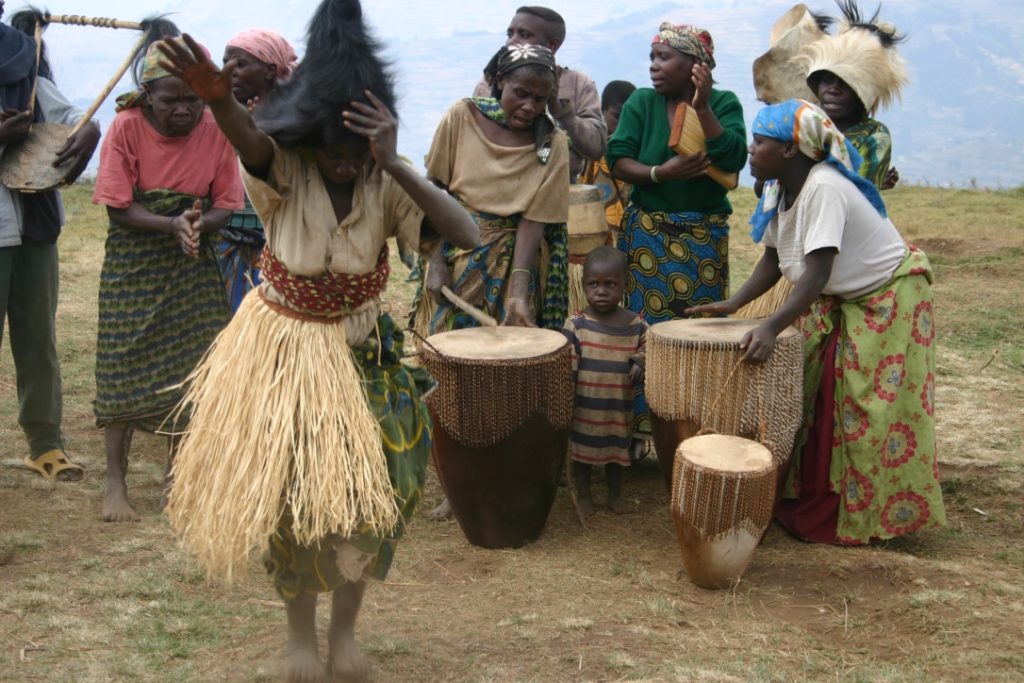The Bwindi Impenetrable Forest in Southern Uganda is home to some of the greatest biodiversity on the planet. It’s sheltering trees and mist covered hillsides harken you back to an almost mythical time.
While the forest is home to over 400 plant species, 120 different mammal species and 350 different species of birds, perhaps its most beloved and sought after inhabitants are the 320 mountain gorillas, roughly half of the world’s remaining population, who roam its protected grounds.

In 1991 a national park was created to ensure the safety and habitat of these majestic creatures, but the gorillas’ salvation did not come without consequences. The reclassification of the park had a devastating impact on the Batwa pygme tribe who were forcibly evicted from the park and, to this day, are no longer permitted to enter the park or access its resources.

Known as the “Keepers of the Forest,” the Batwa had lived peacefully amongst the gorillas for thousand of years. They survived by hunting small game and gathering forest fruits and plants. Upon their eviction, the Ugandan government gave them no land, no compensation, and no rights to return. They became conservation refugees in an unfamiliar and unforested world. Since their exile, many Batwa have died threatening the tribe’s very existence.

Today they face an army of challenges from:
Racial Stigma
Chronic Malnutrition
Extreme Poverty
Drug and Alcohol Abuse
Sexual and Physical Violence
HIV, Malaria, and other Diseases. They have a life expectancy of only 28 years. 40% of their children die before the age of 5 and 18% die in their first month of life.
In 2008, through an invitation by the Ugandan non profit Global Batwa Outreach (GBO), DIG visited the Batwa to see what contributions we could make. Small efforts of vegetable gardens and poultry projects were attempted, but DIG could do little more until their issues of land rights were resolved. Since that time, GBO has secured land for 6 Batwa communities who had previously been squatting on the edges of the forest, but the organization lacked the skills to teach this once hunting and gathering society the agricultural skills they need to survive. To meet this need, Dining for Women, a non-profit giving circle dedicated to empowering women and girls living an extreme poverty, will provide the initial funding for DIG to work with 3 of the 6 Batwa communities, equipping Batwa women with the small scale sustainable agriculture skills and training needed to secure nutritious food for themselves and their families. 400 Batwa women will learn how to improve their food security, nutrition, and livelihoods over the course of 1 year. Wells will be dug, demonstration gardens will be installed, home gardens will be extended to each household and tables will be set with food to nourish more than just bodies. This is an incredible opportunity for DIG to stand with a community as unique and endangered as the gorillas themselves and share our knowledge and best practices to bolster their survival. While the Batwa may never again be able to enter the forest of their ancestors, together we can help ensure they have the dignity and health to thrive in new ways, remembering and celebrating their heritage, carrying forward the strength and pride of who they are for generations to come.
To support DIG’s Batwa project consider making a donation. Click here to donate.



